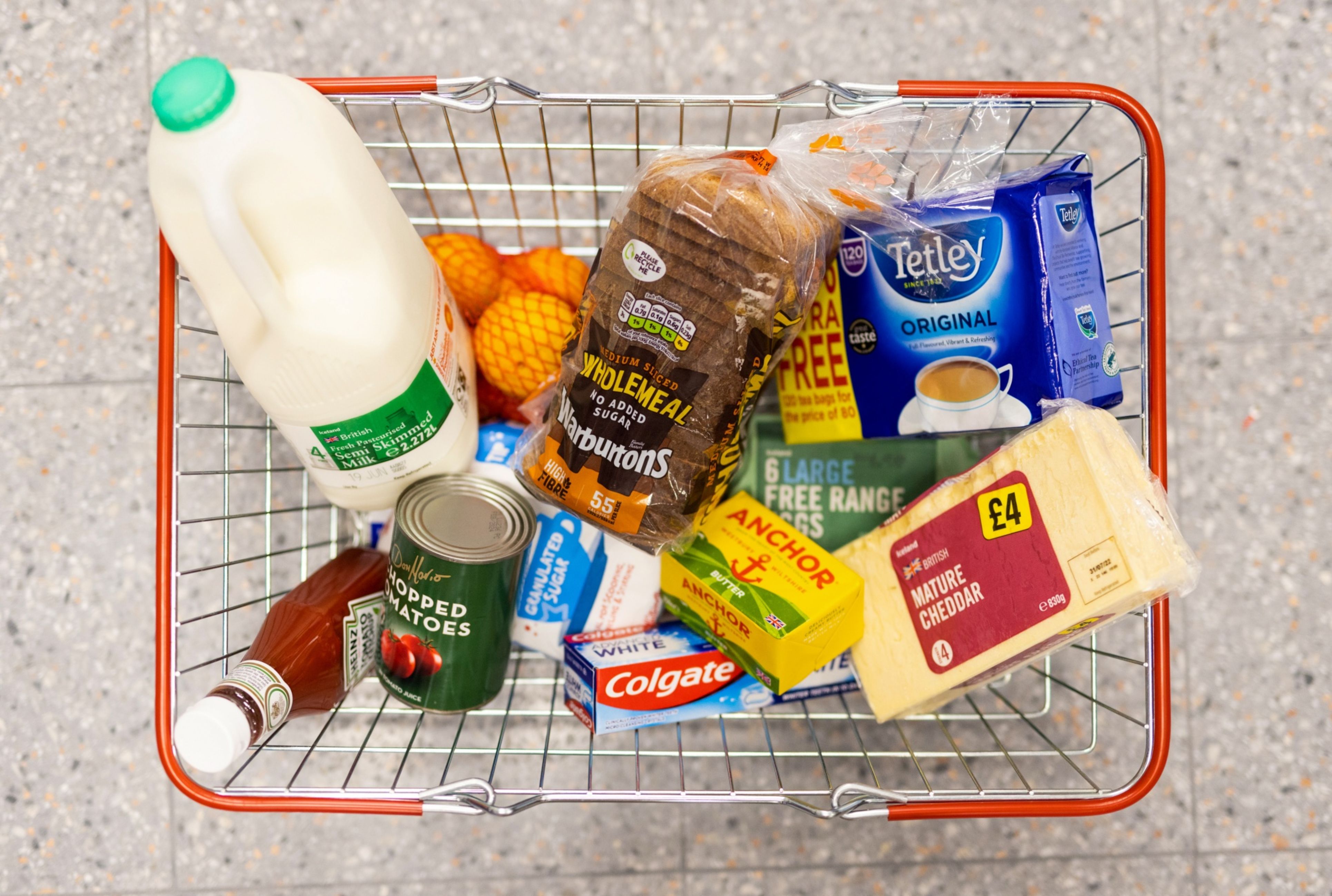Working off the Household Affordability Index data provided monthly by the Pietermaritzburg Economic Justice & Dignity Group (PMBEJD), we look at how the proposed VAT increase would affect those paying for it.
Why VAT matters
The proposed increase and concerns from members of Parliament resulted in the Budget not being presented and approved. Minister of Finance Enoch Godongwana attempted to backpedal the seriousness of the rift at a press conference following the postponement of the Budget Speech this week.
In 2018, the proposed VAT increase from 14% to 15% was met with an extensive backlash from civil society, trade unions and the public, with many of the same concerns raised again today. At that time, the Treasury attempted to mitigate the impact on the most vulnerable by appointing a panel to review the list of zero-rated food items. Nevertheless, the increase was implemented on 1 April 2018.
VAT is widely considered a regressive form of taxation. It does not discriminate based on income, meaning lower-income households pay the same percentage on goods and services as wealthier individuals. While higher-income earners contribute more in absolute rand terms, the proportion of income that lower-income earners lose to VAT is significantly greater.
For South Africa’s working class and unemployed, every percentage increase in VAT means fewer basic goods in shopping baskets, more difficult decisions at the till, and, ultimately, a rising cost of living crisis that pushes families deeper into financial distress.
Who suffers?
The data is clear: the poorer you are, the more a VAT increase affects you. South Africa’s income distribution is highly unequal, and when breaking down VAT paid per household income decile, the disparities become evident.
Using the Treasury’s own VAT data provided as part of the proposed 2025/2026 Budget in tandem with the PMBEJD’s food basket, we found the following:
Households in the lowest income decile (10th) currently pay an estimated R1,600 in VAT per year, a number that may seem small in absolute terms, but is enormous when measured against their total income and expenditure. A 2 percentage point increase would see this number rise by an estimated R213 annually. For perspective, this is comparable to an annual increase in food costs without any changes to VAT.
In decile two, the increase jumps to R347, while in decile five, it reaches R693.
At the same time, the increase will have a far smaller proportional impact on wealthier South Africans.
Households in the ninth decile currently pay around R17,200 in VAT annually, while those in the uppermost decile pay nearly R40,000. Though these groups will face the highest nominal increases, their spending habits mean they are better positioned to absorb the impact.
For a wealthier household, VAT increases may mean shifting to alternative brands or cutting back on luxuries. For a lower-income household, it means choosing between food and transport, or between hygiene products and electricity.
Food security and the knock-on effects
The VAT increase will affect household food security in several ways. Some critical food items are zero-rated and will not be affected. These include maize meal, tinned vegetables, dairy liquid blends and a variety of meats such as offal, chicken feet and certain processed meats.
But essential items that many working-class families rely on will increase in price. Cooking oil, margarine, white and brown bread, processed meats, stock cubes and certain vegetables will all become more expensive.
Families living on low incomes already prioritise core staples in their shopping, buying maize meal, rice, sugar and oil before considering proteins, dairy and fresh vegetables.
The added VAT cost on food items will have a knock-on effect: fewer purchases of nutritionally dense foods, more reliance on starch-heavy diets and an increased risk of malnutrition. A long-term impact will likely be seen in stunting rates, hospitalisations and injuries, to name a few.
Basic calculations on what such a VAT increase might add in terms of revenue to the fiscus do not account for these costs.
Implications for workers and grant recipients
Even before the proposed VAT increase, minimum wage workers were falling short of affording basic food needs.
The PMBEJD data for January 2025 shows that a worker on the national minimum wage is 46.4% short of what is required to purchase a basic monthly food basket for their family. The proposed VAT increase will only exacerbate this gap, pushing essential nutrition even further out of reach.
South Africa’s social grant system is similarly under strain. The child support grant is R530 per month, 33% below the food poverty line of R796. Even before any VAT hike, the grant is insufficient to provide for a child’s nutritional needs. A further increase in VAT will deepen the shortfall, forcing families to make even harsher trade-offs between food, transport, education costs and medical expenses.
Low-income households already allocate a significant portion of their budget to essential non-food costs, including prepaid electricity and transport. These expenses are fixed and must be paid before discretionary spending. With more money being lost to VAT, the ability to afford even the cheapest, most essential food items will decline further.
The bigger picture
As food prices continue to rise and South Africa’s economic outlook remains uncertain, any additional cost burdens on the poor should be met with significant scrutiny. While VAT increases might seem like an easy way to raise funds, they come at a dire human cost. Another increase in VAT could be the final push that forces many further into food insecurity, debt and malnutrition. DM






 A basket of staple food items at an Iceland Foods supermarket in Christchurch, UK, on Wednesday, 15 June 2022.
A basket of staple food items at an Iceland Foods supermarket in Christchurch, UK, on Wednesday, 15 June 2022.